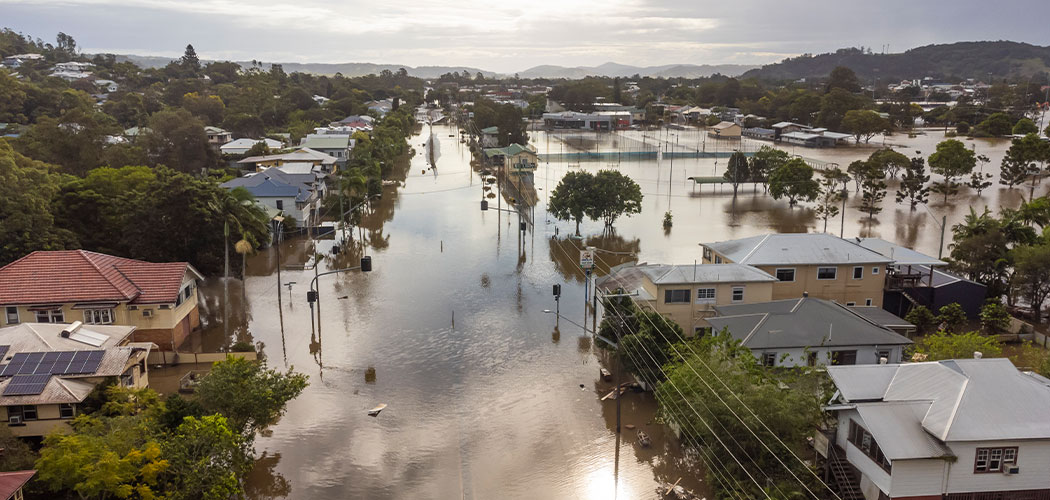Last month, I had the opportunity to present at the Tasmanian Delegates Conference on climate action in nursing.
These conferences play a vital role in shaping our collective movements. They bring together nurses from across the state to share ideas, raise concerns, and shape the direction of collective advocacy. They are a chance to step outside the pressures of day-to-day work and focus on the bigger picture: how we can support each other and strengthen our impact as a profession.
Climate Change can be a challenging issue to discuss. Public speaking is not something most of us associate with nursing and midwifery, and speaking about climate change can feel even more difficult. It is a subject that has at times felt overwhelming. Many nurses and midwives feel unsure where to start, or how it can be embedded in professional settings. How do I know this? Because for many years I felt the same way.
This hesitation is understandable. One of the key messages I shared at the conference is that this perception does not reflect reality. Research shows that most people do care deeply about climate change and want stronger action from governments. A recent study found that around 89% of people expressed concern about climate change and supported more decisive measures [1]. However, many also believed that their peers were less concerned than they actually were. This misperception perpetuates silence. When we believe that we are alone (real or not) we may be reluctant to step out.
For nurses, midwives and carers, this silence can be particularly strong. We may worry about overstepping, about not having all the answers, or about how our views will be received. But when we look more closely, we see that patients, communities, and colleagues are actually often more supportive of climate action than we realise.
At the Tasmanian conference, it was encouraging to see so many nurses, midwives and carers engaging openly with the climate conversation: asking thoughtful questions, sharing examples from their workplaces, and considering practical next steps.
Climate change is not an abstract issue for us. It is something we already see in our work. We see the health effects of heat stress, smoke exposure, and flooding. We see communities struggling with food insecurity and mental health impacts. We see how these pressures are not distributed equally, with vulnerable groups bearing the greatest burden. These are core health issues, and as health professionals we cannot ignore them.

Professional bodies have also made this clear. The International Council of Nurses and the International Confederation of Midwives, among others, have recognised climate change as a significant health threat and have called on our professions to take action. This growing alignment between evidence, policy, and professional values makes it easier for us to step into the conversation with confidence.
Importantly, we do not need to do this work alone. Across Australia and internationally, nurses are forming networks, sharing resources, and supporting one another to act on climate. The Tasmanian Delegates Conference reinforced this for me. It showed that when we come together in spaces designed for collaboration and learning, we build not only knowledge but also confidence in our collective efforts. These gatherings remind us that advocacy is not about perfection, but about progress… about starting conversations and finding ways to support each other.
For nurses, midwives and carers who are still hesitant to talk about climate change, I would say this: our perspective matters. We do not need to have all the answers. We just need to begin where we are, with the skills and experiences you already have.
The impacts of climate change on health are becoming clearer every year, and so is the role we can play in responding to them. By continuing to speak up and support one another, we can strengthen our professions’ response to one of the defining health challenges of our time. This is a journey that starts with conversations.
References
[1] Andre P, Boneva T, Chopra F, et al. Globally representative evidence on the actual and perceived support for climate action. Nat Clim Chang. 2024;14:253–9. doi:10.1038/s41558-024-01925-3.








